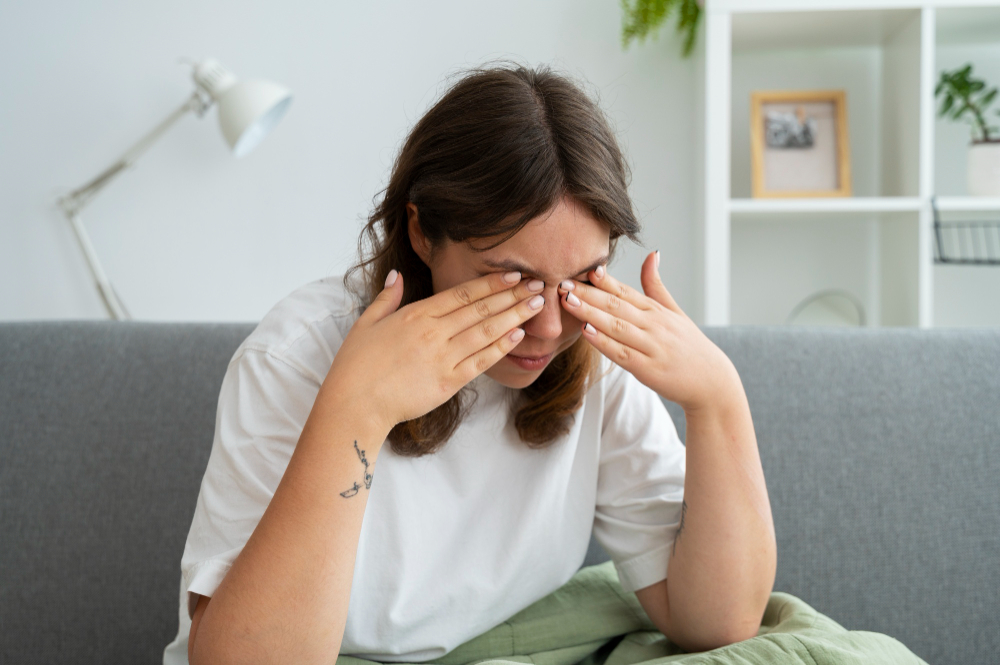What Are Eyelid Infections?
Eyelid infections are common problems that affect the skin around your eyes. These infections can make your eyelids red, swollen, and sometimes painful. Often, bacteria, viruses, or even fungi cause these issues. Because the eyes are sensitive, it is important to keep them healthy. Eyelid infections, such as styes or blepharitis, can happen to anyone. However, you can lower your risk with good habits. Understanding the causes and prevention can help protect your eyes.
Common Causes of Eyelid Infections
Many things can lead to eyelid infections. Knowing these causes helps you avoid problems. Here are some of the most common reasons:
Symptoms to Watch For
It is important to notice signs of eyelid infections early. This way, you can get help before the problem gets worse. Common symptoms include:
If you notice these symptoms, it is best to act quickly. Early care can prevent the infection from spreading.
How to Avoid Eyelid Infections
Thankfully, you can take simple steps to lower your risk. Here are some easy ways to prevent eyelid infections:
In some places, dust or pollution can make infections more likely. Therefore, try to protect your eyes outdoors. Wearing sunglasses can help keep dust away.
When to See a Doctor
Most eyelid infections are mild and get better with simple care. However, you should see a doctor if:
Sometimes, infections can spread or cause other problems. Early treatment from an eye specialist can prevent serious issues.
Conclusion
Eyelid infections can be bothersome, but you can often avoid them with good habits.
Remember to keep your hands and face clean, avoid sharing makeup, and care for your eyes daily. If you notice any symptoms, don’t wait. Consult an eye specialist at Geetha Eye Hospital for personalized advice if you notice signs of an eyelid infection.


